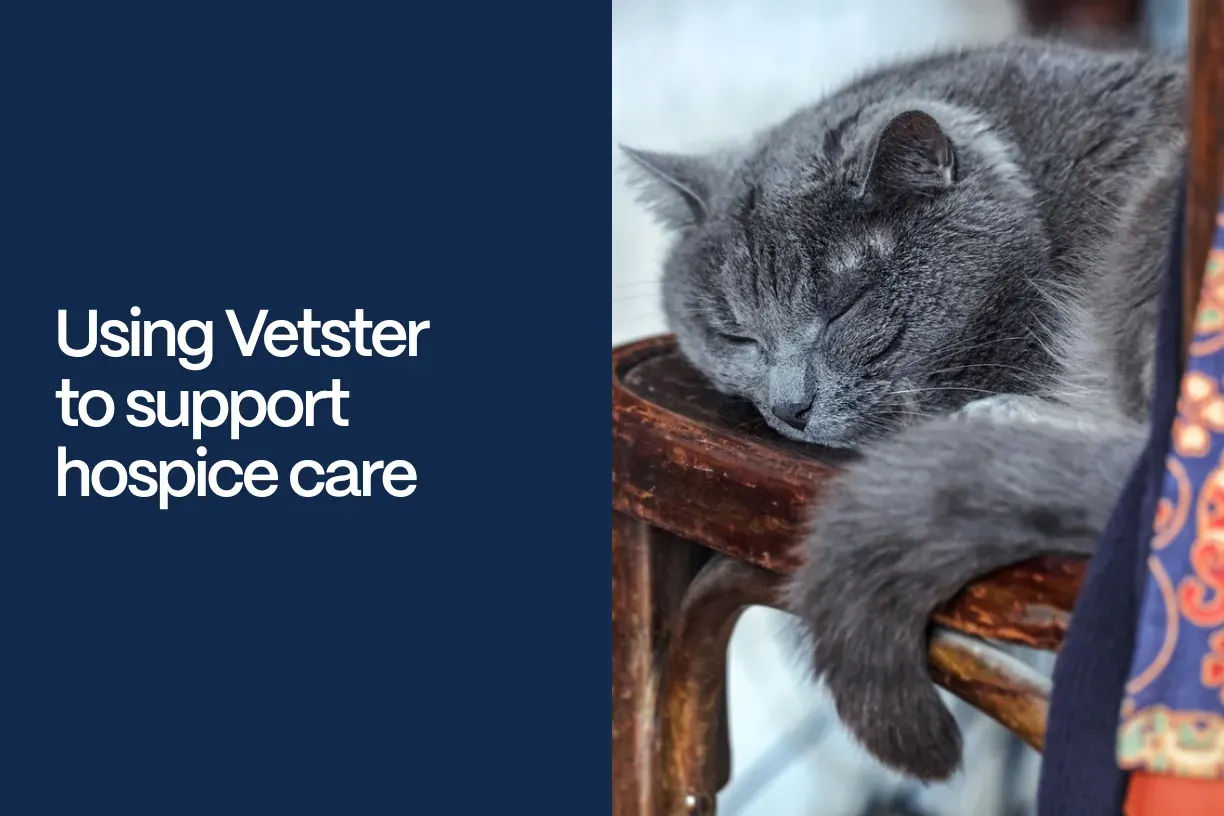Nutritional support for urinary conditions

Urinary symptoms are a common complaint for canine and feline patients of all ages and clients are looking for convenient access to reliable information about the best ways to manage their pets’ urinary conditions. When you are proficient at providing information about urinary disorders in cats and dogs, including the role played by nutrition, you can be sure you won’t miss this opportunity to build your virtual practice. Pet owners are eager for information about how diets and supplements are used to treat and prevent urinary tract disease and want to know how they can optimize their pets’ well-being.
They’re also looking for answers to questions like:
- Does my senior cat really need a special diet?
- Do cranberry supplements actually work?
- How should I feed my cat with feline idiopathic cystitis?
- Is canned food really better for my cat’s urinary tract health?
- What’s the best food for preventing feline lower urinary tract diseases?
- Can a special diet treat my dog’s bladder infection?
- What treats are okay with my dog’s bladder stone diet?
- Can a special food dissolve my pet’s bladder stones?
- What can I do to encourage my cat to drink more?
A virtual care appointment provides the perfect setting for discussions like these. The client has your undivided attention for the allotted time, and the distraction-free environment facilitates a 2-way exchange of information. Take a thorough history that includes their pet’s current diet and any medications. Ask about their last in-clinic visit and any diagnostics that were performed. For example, did they have a senior wellness profile for example, and did it include a urinalysis?
VetsterRx offers a variety of veterinary therapeutic diets and supplements to help you meet client demand for effective treatment and prevention of many common urinary conditions. Be sure to discuss these with your clients as many of them are keen to hear how diet, supplements, and environmental changes can help. Vetster’s in-app “Request follow-up” tool makes it easy for you to provide the ongoing support clients need to be successful.
It’s easy to search VetsterRx for a variety of solutions for managing urinary tract disorders, including therapeutic diets and urinary supplements. Just click “Add Prescription” and start typing in the name or type of product you’re looking for. You may also filter search results by clicking the “Nutrition”, “OTC”, and “Prescription” tabs. You can also search our library of educational content for pet owners about urinary symptoms and conditions.
Additional Stats and Sources
Still hungry for more information on nutrition and urinary tract disease? Check out these great resources:
- Reports suggest that FLUTD affects between 3-5% of cats presented to veterinary clinics.
- High moisture diets may lower the incidence of idiopathic lower urinary tract disease by more than 50%.
- Obese cats and dogs are at greater risk for developing urinary tract disease.
- Naarden B, Corbee RJ. The effect of a therapeutic urinary stress diet on the short-term recurrence of feline idiopathic cystitis. Vet Med Sci. 2020 Feb;6(1):32-38. doi: 10.1002/vms3.197. Epub 2019 Sep 18. PMID: 31532910; PMCID: PMC7036317.
- Piyarungsri K, Tangtrongsup S, Thitaram N, Lekklar P, Kittinuntasilp A. Prevalence and risk factors of feline lower urinary tract disease in Chiang Mai, Thailand. Sci Rep. 2020 Jan 13;10(1):196. doi: 10.1038/s41598-019-56968-w. PMID: 31932653; PMCID: PMC6957472.
- Nutritional Management of Uroliths, from UC Davis Veterinary Medicine.
Looking to join Vetster?
You may create an account as a veterinary professional, or learn more here.



